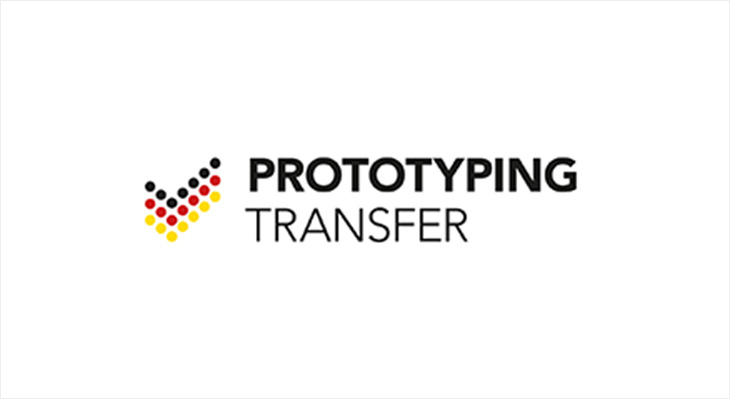Recognition of professional qualifications by way of qualification analysis
In the event of missing written proof of foreign professional qualifications, members of some occupational groups can provide evidence of their competences by way of a qualification analysis in order to gain recognition. The German Federal Ministry of Education and Research supports nationwide activities to help chambers in the implementation of the new procedures on a large scale with its "Prototyping Transfer" project, co-ordinated by the BIBB.

Usually, the process for the recognition of professional qualifications that were attained abroad is based on the analysis of documents. The authenticated evidence such as graduation certificates, diplomas and work references is compared with the requirements of the corresponding German reference profession. Yet what if written evidence is missing or incomplete or if the provision of this evidence is unreasonable, for example, in the case of refugees?
With Article 14 BQFG (Federal Recognition Act) and Article 50 b Section 4 HwO (German Crafts and Trades Regulation Code) ("sonstige geeignete Verfahren" – other suitable procedures), the German legislature has created the option of ascertaining professional competences on the basis of a so-called qualification analysis. Applicants can provide evidence of those skills, knowledge and capabilities for which they possess only insufficient documentation or none at all by way of work samples, in professional interviews or through presentations. The qualification analysis enables all parties involved – applicants, competent authorities responsible for recognition and employers – to optimally and expertly assess existing and missing competences.
However, the process of qualification analysis is as yet far from being offered on a large scale. The procedures involved can be time-consuming because they have to be individually adapted to each respective applicant. This is why the German Ministry of Education and Research (BMBF) funds the project "Prototyping Transfer – Berufsanerkennung mit Qualifikationsanalysen" (Professional recognition by way of qualification analysis).
The project's aim is to carry out more quality-assured qualification analyses across Germany if an assessment of equivalence on the basis of written certificates is not or not fully possible. The project supports the competent authorities (chambers of crafts, chambers of industry and commerce, agricultural chambers, chambers governing the independent professions as well as other authorities and institutions responsible for implementing the Federal Recognition Act), for example, by way of training courses, individual advice, guidelines and practical tools, financial support for the applicants and the development and testing of new model qualification analyses. The transfer of these model qualification analyses into practical application is supported by the development of a knowledge management system.
The project will be co-ordinated by the German Federal Institute for Vocational Education and Training (BIBB) throughout the project period 2015 to 2017. The project will be implemented locally in the context of a joint project currently involving six partners: the Hamburg Chamber of Crafts, the Mannheim Chamber of Crafts, the IHK FOSA (Foreign Skills Approval) Chamber of Industry and Commerce, the Cologne Chamber of Industry and Commerce, the Munich Chamber of Industry and Commerce and the Westdeutscher Handwerkskammertag (WHKT – West German Chambers of Crafts and Skilled Trades’ Council). These project partners support other competent authorities by providing information for the implementation of qualification analyses.
The project is based on the previous joint project "Prototyping", which ran from August 2011 to January 2014 and was co-ordinated by the Westdeutscher Handwerkskammertag (WHKT) and supported by research provided by the Forschungsinstitut für Berufsbildung im Handwerk an der Universität zu Köln (FBH – Research Institute for Vocational Education and Training in the Crafts at the University of Cologne).
Article 14 BQFG (Federal Recognition Act)
(1) If the applicant cannot submit all or part of the documents required for the establishment or assessment of equivalence in accordance with section 5 subsections 1, 4 and 5 or section 12 subsections 1, 4 and 5 for reasons beyond his or her control or if submission of relevant documents involves an unreasonable expenditure of time and effort, the competent body shall apply other suitable procedures to establish the applicant's professional skills, knowledge and abilities required for comparison with corresponding German professional training. The applicant must substantiate the reasons for not submitting relevant documents. The competent body is entitled to request and accept a statutory declaration.
(2) Other suitable procedures to ascertain professional skills, knowledge and abilities as specified in subsection 1 include in particular work samples, interviews, practical and theoretical examinations and expert opinions.
(3) The establishment or assessment of equivalence in accordance with sections 4 or 9 shall be based on the results of other procedures as specified in subsections 1 and 2.